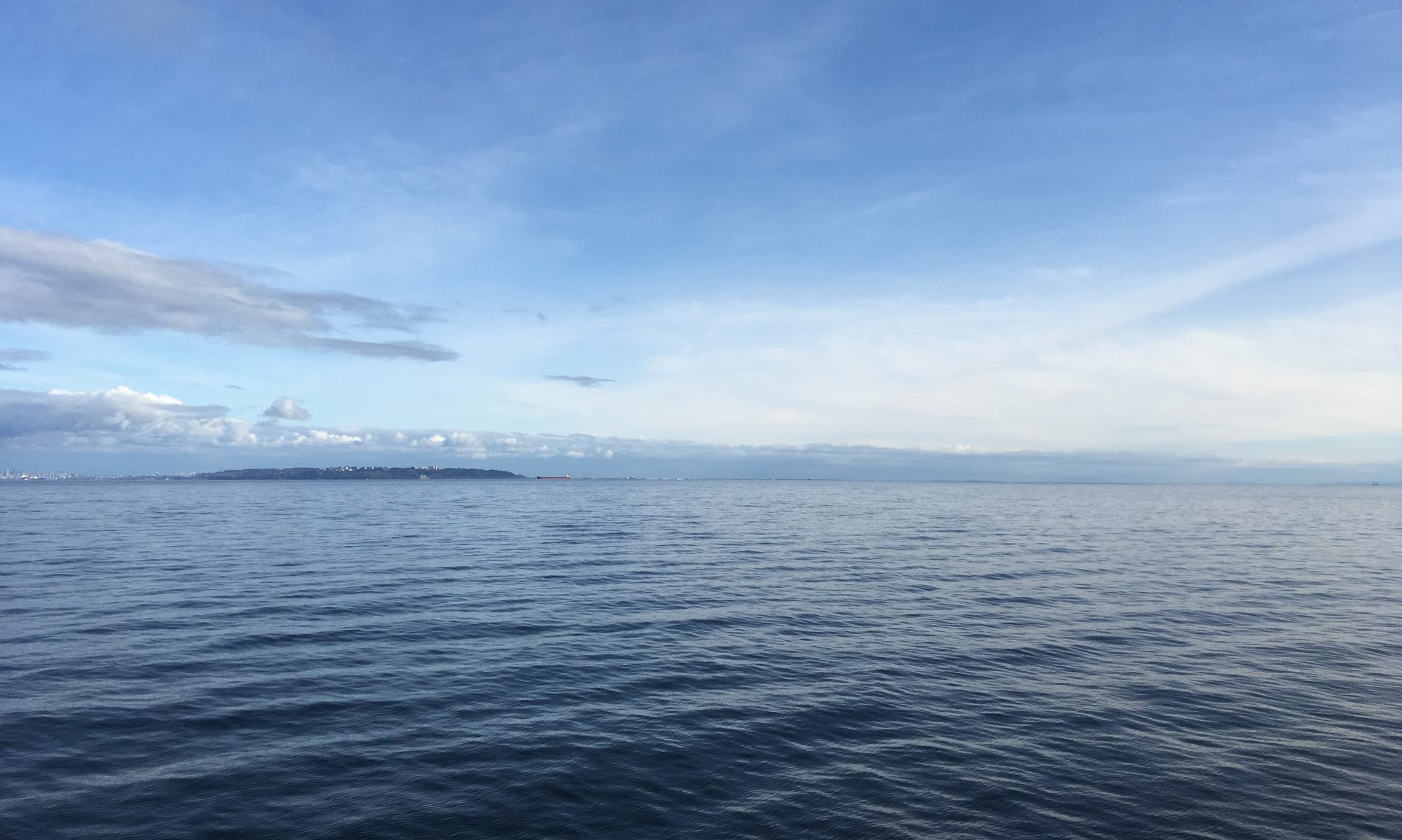LBST 330 – Fall 2018
Module 2 – Research In Context
Response Paper #3 to Denis Villeneuve’s Arrival
The following is a brief response to Arrival, a film by Denis Villeneuve, in which twelve extraterrestrial spacecrafts land in twelve locations around the globe. Local teams are established in all twelve locations to grapple with why these spacecrafts have come to Earth and what their purpose is. The film Arrival follows an American team dealing with these questions at one of the spacecraft landing sites in Montana.
The film presents a thought-provoking example of an interdisciplinary team working together to understand something totally alien to them. The team includes a theoretical physicist (Ian Donelly), a military officer (Colonel Weber), a linguistics professor (Louise Banks), and other military and state personnel. Banks is asked to lead the team by Colonel Weber because of her talent as a linguist.
Banks’ expertise and commitment to the task of building a common language with the heptapods (Abbott and Costello) are what ultimately allow the team to establish communication. This example illustrates that the ‘finding a common language’ approach can be a very useful one which could be applied to many research scenarios. This would be relevant for me if I were to pursue a topic related to multiculturalism, diversity and inclusion in education, or intercultural communication (all of which are areas of interest of mine) because I would likely be required to consider ways of bridging radically different ways of knowing and be asked to navigate this terrain by contributing to finding a method for all to understand one another.
I was impressed with Banks’ attention to detail and ability to think creatively. Not only was she able to prompt the heptapods to ‘speak’ and to decode their messages, but her precision and
determination saved the day when she decided to verify whether the heptapods intended to give the message “use weapon” or “tool” or “gift”. Banks’ willingness to confirm her assumptions and to be wrong are both skills I hope to apply to my own research process.
A) The reflection undertaken so far in Module 2 has encouraged me to approach research with an openness to both the research process itself and the alteration and critique of the various disciplinary methodologies which already exist.
Liberal Studies 330 has inspired me to expand my mind when it comes to graduation project topics and data gathering methods. In my fields of assessment, I left my interest fields fairly broad which I am aware will need to be refined, but I am glad that it remains this way for now since this allows me to continue working with those fields of interest while remaining open to the exact topic and research methods that I’ll use for my graduation project. I look forward to completing two more tutorials which I believe will also shape the course of my final research project.
B ) As an interdisciplinary scholar, I anticipate challenges integrating knowledge from different disciplines without allowing their standards and methods to obscure and distort my vision and understanding of my research subjects. Arrival illustrates these challenges by presenting characters with different frameworks of understanding whose different perspectives both enhance each other’s understanding of their research subject, but also create conflict based on clashes in values and approaches.
If I decide to pursue a project that involves the study of critical pedagogies, I believe I ought to be mindful of the context within which I will be doing this research which will be a traditional higher education institution. It will also be in the context of trying to understanding how to implement or embody critical pedagogy into my potential future teaching practice. I think it would be wise to predict that this will involve numerous internal and external struggles and prompt a series of experiences marked with contradictions.
I have also considered studying indigeneity, sovereignty, and decolonization for my graduation project and have decided that it would be best to approach these topics within the Canadian context. Rather than placing a global lens on this subject, I thought localizing it to a place I am already familiar with made more sense. I also think that, in studying this topic, I would need to consistently and humbly recognize that I do not have First Nations ancestry and that I would be attempting to learn about a culture and history that is not my own. Even if I were to examine my own ancestry, I would certainly find a distance from the subject as ancestry is rooted in history. I think this sort of study, if you can call it that, requires an open, ethical, playful attitude and also a purpose (which serves the subjects it researches) and a clear commitment to allowing the direction of the research to be guided by the subjects.
C) I foresee the inclusion of a term definition process at the inception of any research I conduct within an interdisciplinary team. As the film stresses, understanding is based heavily on language and in cases of groups with people from different disciplinary or cultural backgrounds, the development of a commonly understood language is an extremely powerful tool. I would argue its a necessary condition for the type of open, playful exchanges between participant and subject which we have been discussing in class so far this semester, so perhaps I could also find ways of incorporating this term definition process into interviews I conduct for my graduation project.
